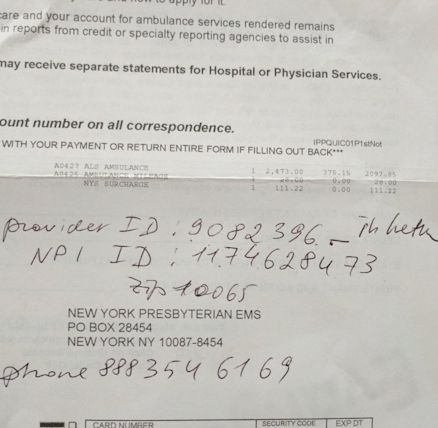

Poisson relied on the Supreme Court's decision in Heimeshoff, which stated: "o the extent the participant has diligently pursued both internal review and judicial review but was prevented from filing suit by extraordinary circumstances, equitable tolling may apply."Īetna argued that equitable tolling did not apply because Jones engaged in activities, such as retaining counsel to file a SSDI claim and filing a complaint with the department of insurance, which collectively demonstrated that Jones did not exercise diligence and was not prevented by "extraordinary circumstances." Applying the federal common law of equitable tolling, the court disagreed. Poisson argued that the limitations period was equitably tolled because Jones had been mentally incompetent since the date of his accident in March 2011 and thus the period could not have started until Poisson was named Jones' legal conservator in August 2019. 99, 105-06 (2013), and concluded that, pursuant to the terms of the Plan, the limitations period ended on June 15, 2017, which was more than three years before the lawsuit was filed. The district court found the contractual limitations period to be valid under Heimeshoff v. § 1132(a)(1)(B) of ERISA.Īetna filed a motion to dismiss on the ground that Poisson's claim was barred by the three-year limitations period in the Plan. On June 8, 2020, Poisson filed suit against Aetna asserting a claim for benefits under 29 U.S.C. Poisson was named Jones' legal conservator on August 29, 2019. Jones also filed for Social Security Disability Insurance ("SSDI") benefits on October 29, 2015, and a psychological examination in connection with that claim concluded that "Jones was not competent to manage funds on his own behalf and would require 24-hour care and supervision for the rest of his life." On March 19, 2020, Jones underwent a neurological examination that concluded Jones "would not have been reliably competent in managing his legal and financial affairs since" the time of his motorcycle accident in March 2011.įrom late 2015 through 2019, Jones' wife, Joyce Poisson, attempted to pursue her husband's appeal with Aetna, but was told she was not legally authorized. Jones alleged that he notified Aetna of his desire to appeal that determination in emails dated Jand July 17, 2015, asking for help because of his brain injury.


Aetna denied Jones' long-term disability claim in a letter dated July 29, 2014. Jones then submitted a long-term disability claim to Aetna, the insurer and administrator for the Plan. Jones was unable to fully resume his pre-disability job responsibilities and on Mahis employment was terminated. Following his accident, he applied for and received long-term disability benefits through his employer's long-term disability plan until he returned to work on July 24, 2011. On March 4, 2011, Walter Jones was in an accident that resulted in brain damage.

21, 2020), a California district court held that the contractual limitations period in a long-term disability plan is equitably tolled based upon a finding of the participant's mental incompetence, even though the participant pursued his legal rights for government disability benefits during that period. This alert was featured in the March 2021 edition of The LHD/ERISA Advisor


 0 kommentar(er)
0 kommentar(er)
